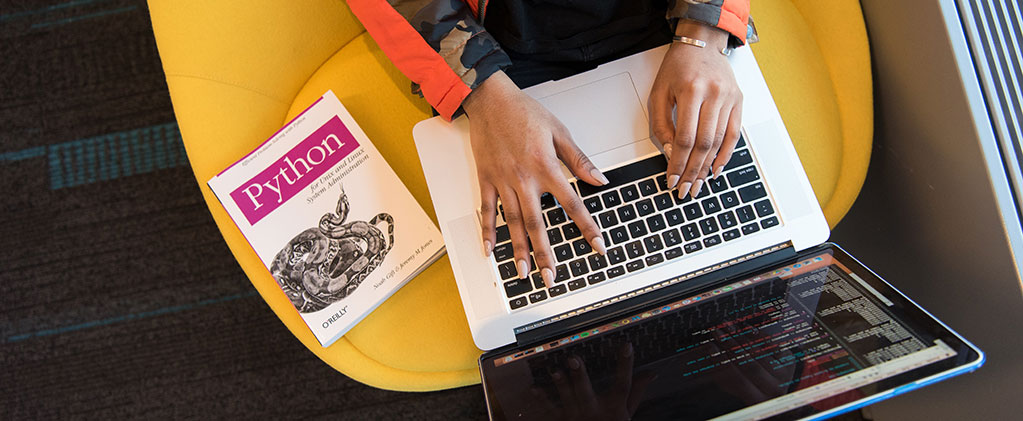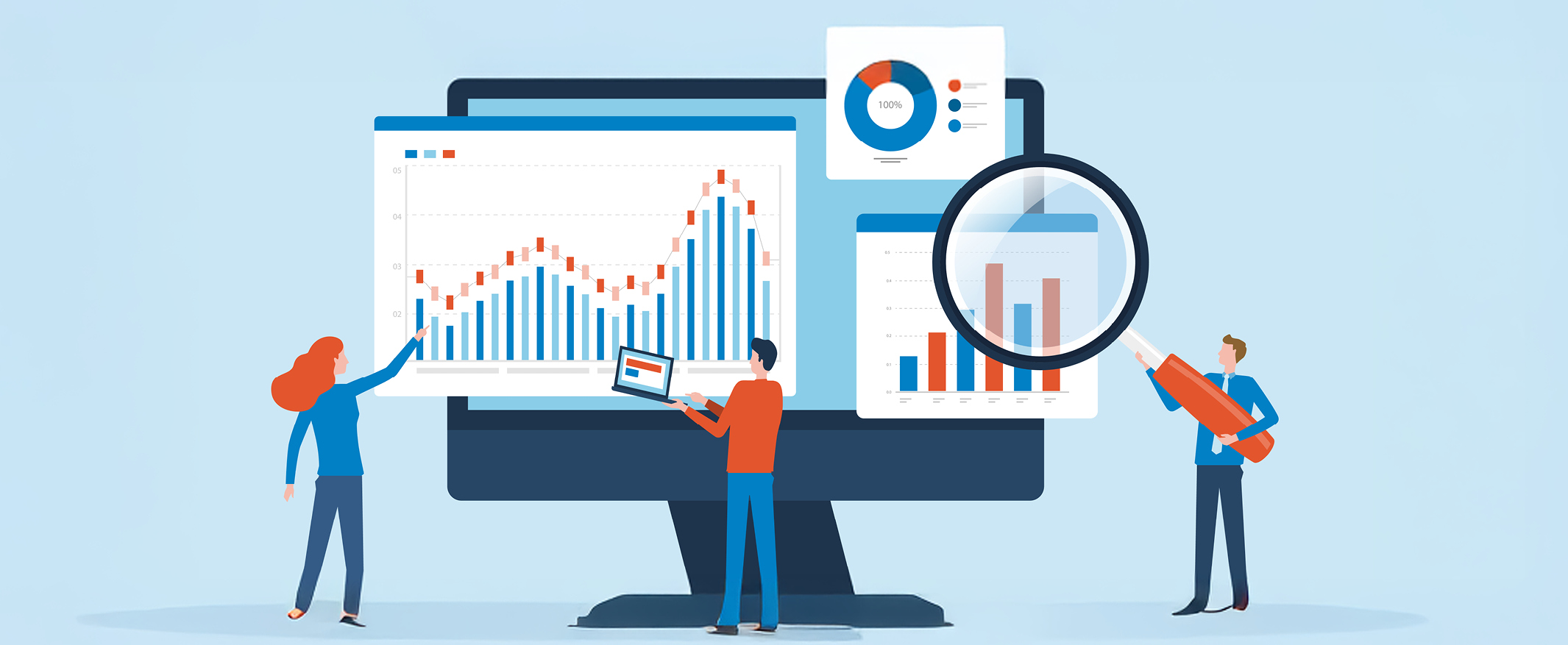target audience
Professionals – such as Data Scientists, Business Intelligence Analysts, Marketing and Growth Specialists, Product Managers, UX/UI Designers & Researchers, Engineers & Developers, etc. – who want to harness the power of Bayesian A/B testing and customize it to their own business scenarios.
To make the most of this course, a basic knowledge of Python syntax and a basic knowledge of probability and statistics are required.
People with no prior experience in these fields have the option to first attend the EPFL online course “Introduction to Data Analysis with Python”.
Overview
Which product page layout will result in more sales? Which design version of this app will lead to higher user engagement? Which of these two marketing campaigns will deliver the highest conversion rate? When it comes to improving digital user interfaces that directly impact business goals, A/B testing is a valuable tool for making decisions based on real customer behavioral data rather than feelings.
While there are many out-of-the-box A/B testing tools available, using Python to build your own is a powerful solution to keep custom control over your experimental projects. The Bayesian approach is an increasingly popular choice due to its flexibility in hypothesizing, data interpretation, and working with small sample sizes.
In this 2-day course, you will learn how to create your own Bayesian A/B testing tool that will empower you to make data-driven decisions, in a faster, more personalized, and more reliable way.
objectives
- Review the statistical principles behind designing an A/B test
- Understand the Bayesian statistical approach, its differences with the Frequentist approach, and its added value in A/B testing
- Be able to design and implement custom Bayesian A/B tests using PyMC Python
- Gain practical experience through real-world exercises
- Learn to interpret, explain, and present results to both technical and non technical audiences
certification
A certificate of attendance will be delivered at the end of the course.
programme
DAY 1 – Morning
Refresher on Data Analysis with Python and Statistics
Hands-on coding session
- Using Pandas and Seaborn libraries to explore data
- Using SciPy and Matplotlib to explore statistical distributions
DAY 1 – Afternoon
Introduction to Bayesian Thinking and A/B Testing
Hands-on coding session
- Using analytical approaches to explore posterior distributions
- Getting familiar with data structure to perform A/B testing
DAY 2 – Morning
Introduction to Bayesian A/B Testing in PyMC
Hands-on coding session
- Building Bayesian inference pipelines using PyMC library
- Visualizing and interpreting the result using ArviZ library
DAY 2 – Afternoon
Real-World Applications and Final Project
Hands-on coding session
- Collaborative group work with instructor support
- Designing and executing end-to-end A/B tests
- Conclusion: Insights and key takeaways
Organisation
EPFL (Swiss Federal Institute of Technology in Lausanne), Switzerland
Programme Director
- Prof. Negar Kiyavash, Full Professor, Chair of Business Analytics, EPFL
Instructors
- Amir Khalilzadeh, Machine Learning Course Instructor, EPFL
- Daniel Flores Agreda, Data Science Course Instructor, EPFL
Practical information
Dates and schedule
- Tuesday, November 4, 2025
8:30 am to 4 pm - Wednesday, November 5, 2025
9 am to 4 pm
Course venue
EPFL, Lausanne, Switzerland
Material
Participants should bring their own laptop (for hands-on experience)
Course fee*
CHF 1’500.–**
*10% special discount for contributing members of EPFL Alumni & EPFL partners
** Based on the price of the last edition
Registration deadline
This course is full. Registrations are closed.
Be alerted as soon as registration opens for the next edition of this course, register on our Stay Informed platform.



